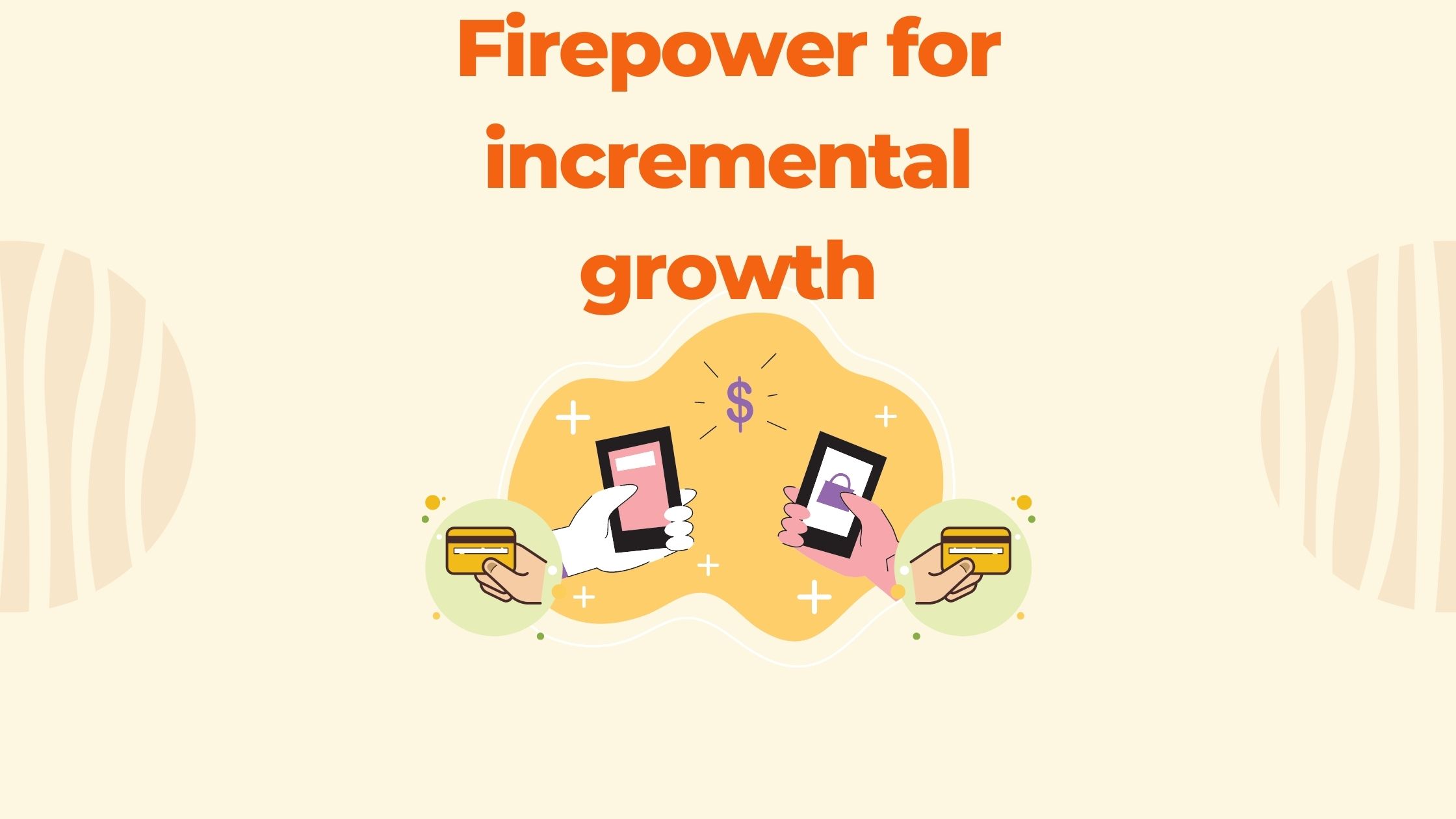Now the growth will definitely change. If the growth was 200% or 300%, it may come down. It may not be that triple-digit percentage, maybe 60%, or maybe 80%. Something in that range. In today’s world, growth is not at the top of my mind. To survive, serve your key stakeholders, recover, and then grow, is. My belief is we are still left with, after the cost structure changes that we’ve done, a significant amount of firepower for incremental growth.
Firepower for incremental growth

Q. Tragic as the pandemic has been, it is, in a sense, bringing to the fore, two strengths that OYO has. First, capital as a moat, given that you have more than US$1 billion of dry powder. Secondly, increased leverage with hotel partners since many hotels might be looking to partner with companies like yours in these uncertain times.
Regarding the capital, the goal at this point of time is to see through the crisis by serving our consumers and our partners. And when the world comes back, keep a decent amount of capital available so that we can invest in growth at that point of time.
I am putting my money where my mouth is. Remember that I have not sold a single share of mine in any secondary so far, and it’s not like I have a ton of savings.
RITESH AGARWAL
The second one is where we see opportunity in two ways; first with new owners and the second with old owners. With new owners, to build and forge relationships, especially in locations where we’ve always wanted to be, and we could not find opportunity to get into. This is what we are seeing in China, for example, post-Covid. Earlier, we had challenges in China, but Covid seems to have really reset people’s minds in every manner.
Q. One of the most talked about fundings of last year was when you borrowed US$2 billion to invest into OYO alongside SoftBank. Doesn’t that put you on a ticking time bomb, at least from one sense, that now you need to think about your own loan and making sure that margin call does not happen? As opposed to wondering about what is good for the company, maybe, at that point of time. Does OYO need to save Ritesh Agarwal, rather than the other way around?
For me, building OYO and making this successful is the most important thing. And I am not just saying this—I am putting my money where my mouth is. Remember that I have not sold a single share of mine in any secondary so far, and it’s not like I have a ton of savings. The only money I have is that loan, which also sits in a holding company that I cannot use to pay for my normal expenses.
So if I were to look at my personal situation—on paper, the wealth may be worth whatever, but the actual savings situation would be very, very slim. But I don’t mind it.